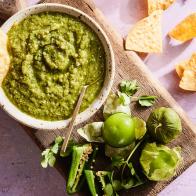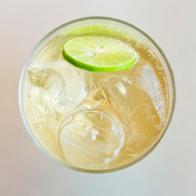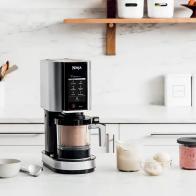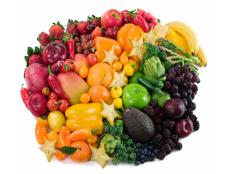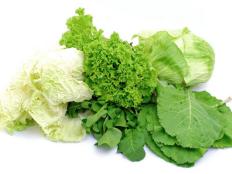Annual "Dirty Dozen" and "Clean Fifteen" Produce Lists Released
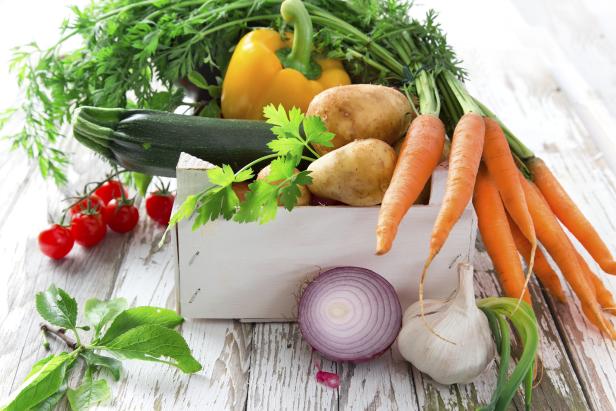
Given the premium often charged for organic fruits and vegetables, many shoppers have asked themselves if that pricier bunch of kale or pint of tomatoes is really worth it. For those who want reduce their exposure to pesticides, the Environmental Working Group (EWG) has released its latest version of the Shopper’s Guide to Pesticides in Produce. Each year, the advocacy group measures pesticide residues on conventionally grown produce and ranks fruits and vegetables from "dirty" to "clean."
Organic produce is produced without the use of any chemical pesticides or herbicides. According to the EWG, which promotes eating produce of all kinds as part of a healthy diet, the Environmental Protection Agency falls short on its responsibilities to educate consumers about the amounts of pesticide residues found on conventional produce. The Shopper's Guide, which is available online, in print and as an app, is designed to help consumers make informed choices about how best to spend their organic dollars.
The EWG recommends opting for organic when it comes to those fruits and vegetables that are otherwise heavily contaminated. "Cleaner" items, with less residue, may not be worth the extra cost.
Apples are the No. 1 offender on this year's "Dirty Dozen" list. Summer favorites such as strawberries, peaches, cucumbers and cherry tomatoes are also on the "Dirty" list this year. Hot peppers, kale and collard greens have been given special "Dirty Dozen Plus" status; although they fall outside the top twelve, they contain pesticide residues that are particularly harmful, according to the EWG.
The "Clean Fifteen" list, which groups together the least-contaminated fruits and vegetables, includes avocado (in first place), as well as frozen peas, onions, asparagus and cantaloupe.
Dana Angelo White, MS, RD, ATC, is a registered dietitian, certified athletic trainer and owner of Dana White Nutrition, Inc., which specializes in culinary and sports nutrition.


